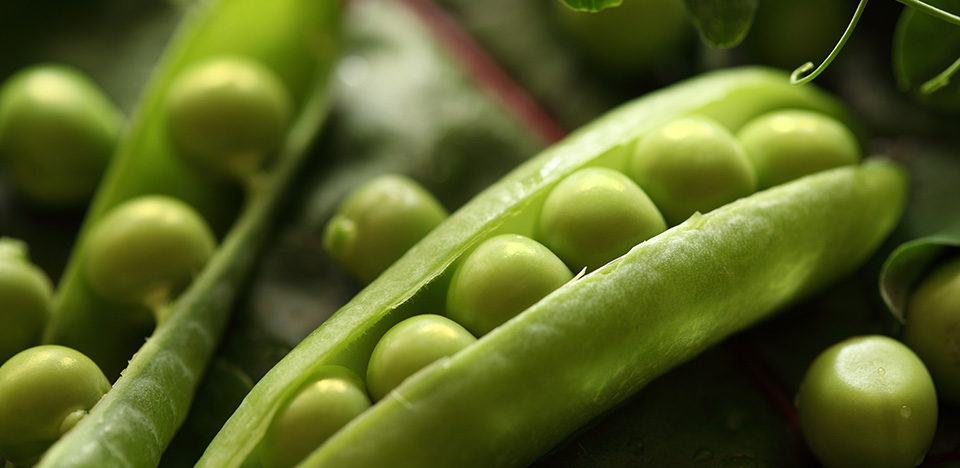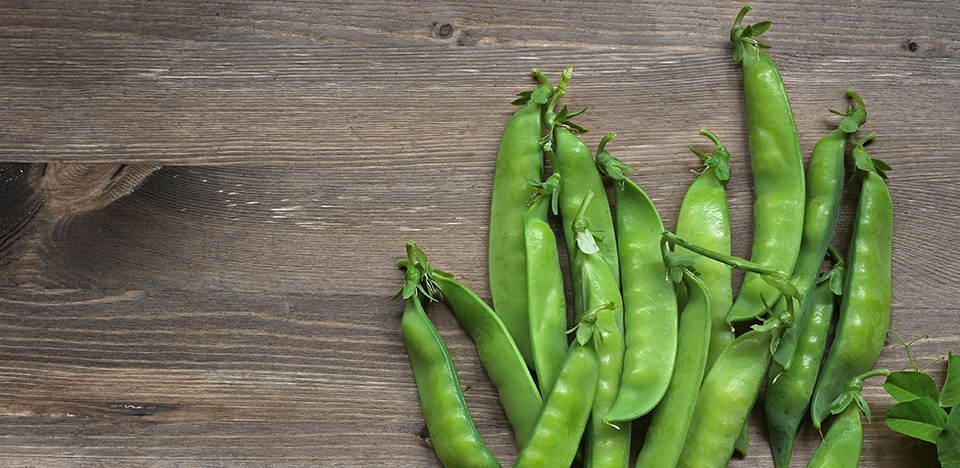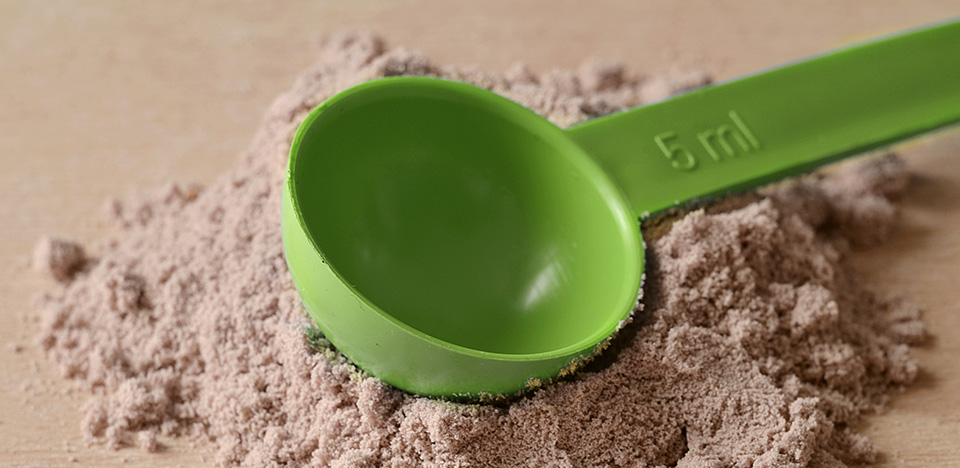Quick Summary
- Pea protein powder is derived from yellow split peas, offering a sustainable and environmentally friendly protein source.
- It provides a rich nutritional profile, including essential amino acids and BCAAs, crucial for muscle growth and recovery.
- Hypoallergenic properties make pea protein an ideal choice for individuals with dietary restrictions like gluten, dairy, and soy sensitivities.
- Available in various forms, including isolate, concentrate, and hydrolysates, each catering to different dietary needs and health goals.
- Versatile in use, pea protein can be added to smoothies, baking recipes, and cooking, suitable for vegetarians, vegans, and those reducing meat consumption.
- When compared to whey protein, pea protein offers unique environmental and digestive benefits, although whey may be preferred for rapid muscle recovery.
- Pea protein's flavour and texture are improving with advancements in food technology, with vanilla being the most popular flavour in Australia.
- It safely combines with other supplements, such as fat burners and amino acids, enhancing overall nutritional intake and supporting comprehensive health goals.
In the wellness and fitness landscape, the journey to find the optimal protein source is ongoing. With a shift toward plant-based nutrition, pea protein powder has taken centre stage. This guide delves into pea protein powder, highlighting its benefits, applications, and distinguishing features from other protein supplements.
What is Pea Protein Powder?
Extracted from yellow split peas, pea protein powder is a sustainable and efficient protein source. It's an environmentally friendly option, produced by isolating protein from peas to create a product rich in protein and low in carbohydrates.
Nutritional Profile
The nutritional prowess of pea protein powder is notable, with a rich composition of essential amino acids, including BCAAs essential for muscle synthesis. It's also a good source of iron and free from common allergens, making it an ideal protein source for individuals with dietary restrictions.

Health Benefits
- Muscle Growth and Repair: Pea protein's high BCAA content is crucial for muscle development and recovery.
- Weight Management: Its ability to promote satiety can aid in managing weight.
- Heart Health: Regular consumption may help in managing blood pressure levels.
- Hypoallergenic Properties: Ideal for those with sensitivities to gluten, dairy, and soy.
Types of Pea Protein Powder
Pea protein powder comes in various forms, each tailored to specific dietary needs and health goals:
- Pea Protein Isolate: Highly refined, with a protein content of about 85-90%.
- Pea Protein Concentrate: Less processed, with more natural fibres and a protein content of 70-85%.
- Pea Protein Hydrolysates: Pre-digested for quick absorption, ideal for post-workout recovery.
- Source of the Pea Protein: There are many sources, with the European Golden Pea (Pisum sativum) known for its high-quality.
How to Use Pea Protein Powder
Pea protein powder is versatile and perfect for smoothies, baking, and cooking. It's a great plant-based protein source for vegetarians, vegans, and those looking to reduce meat consumption.

Pea Protein vs. Whey Protein Powders
- Amino Acid Profile: Whey protein is complete, with a superior profile for muscle synthesis.
- Muscle Hypertrophy and Recovery: Whey protein is preferred for its rapid absorption and recovery benefits.
- Environmental and Digestive Benefits: Pea protein is sustainable and hypoallergenic, suitable for those with dietary restrictions.
The choice between whey and pea protein depends on individual needs, with both offering unique benefits.
Pea Protein Powder: Flavour and Taste
Pea protein is available in various flavours, including vanilla which is the best-selling option in Australia, and unflavored varieties. While it may have a grittier texture than dairy-based proteins, advancements are improving its taste and palatability for a wider audience.
Combining Pea Protein with Other Supplements
Pea protein is a versatile and safe supplement that pairs well with a wide range of other supplements, including fat burners, amino acids, or your favourite pre-workout.
Its natural profile allows for easy integration into any health and fitness plan without the risk of adverse reactions. This compatibility enhances the nutritional benefits of both pea protein and other supplements, supporting comprehensive health goals from muscle recovery to sustained energy.
Potential Side Effects and Considerations
Pea protein is generally well-tolerated, though some may experience gastrointestinal discomfort. Choosing non-GMO and organic versions can help minimise potential adverse effects.
Buyer’s Guide
When shopping for pea protein powder, consider brands known for their quality and minimal ingredient lists. Clean Active Vegan Pro, Vital Protein or Prana ON Power Plant Protein are examples of top choices in Australia, offering high-quality plant-based protein powders that cater to health-conscious consumers.
Incorporating Pea Protein Powder into Recipes
Pea protein's versatility makes it a nutritional addition to meals and snacks, easily increasing protein intake.
Conclusion
Pea protein powder represents a sustainable, nutritious, and versatile option within the protein supplement market. As plant-based diets gain traction, the potential of pea protein to meet evolving consumer demands is undeniable.
References
- Smith, J. A., & Thompson, D. (2018). The role of protein in muscle recovery and growth. Journal of Sports Science and Medicine, 17(2), 206-214.
- Johnson, K. R., & Marni, S. (2019). Plant-based diets: Considerations for environmental impact, protein quality, and exercise performance. Nutrients, 11(12), 2903.
- Green, B. L., & Tovar, A. (2020). Pea protein powder: A review of health benefits and nutritional properties. Journal of Nutrition and Health, 54(4), 456-462. Additional references:
- Patel, S. (2021). The impact of plant-based protein supplements on human health. Nutritional Journal, 20(1), 10-18.
- Harper, A., & Miller, J. (2022). Comparative analysis of plant-based protein powders: Nutritional and environmental considerations. Environmental Health Perspectives, 130(7), 074001.







